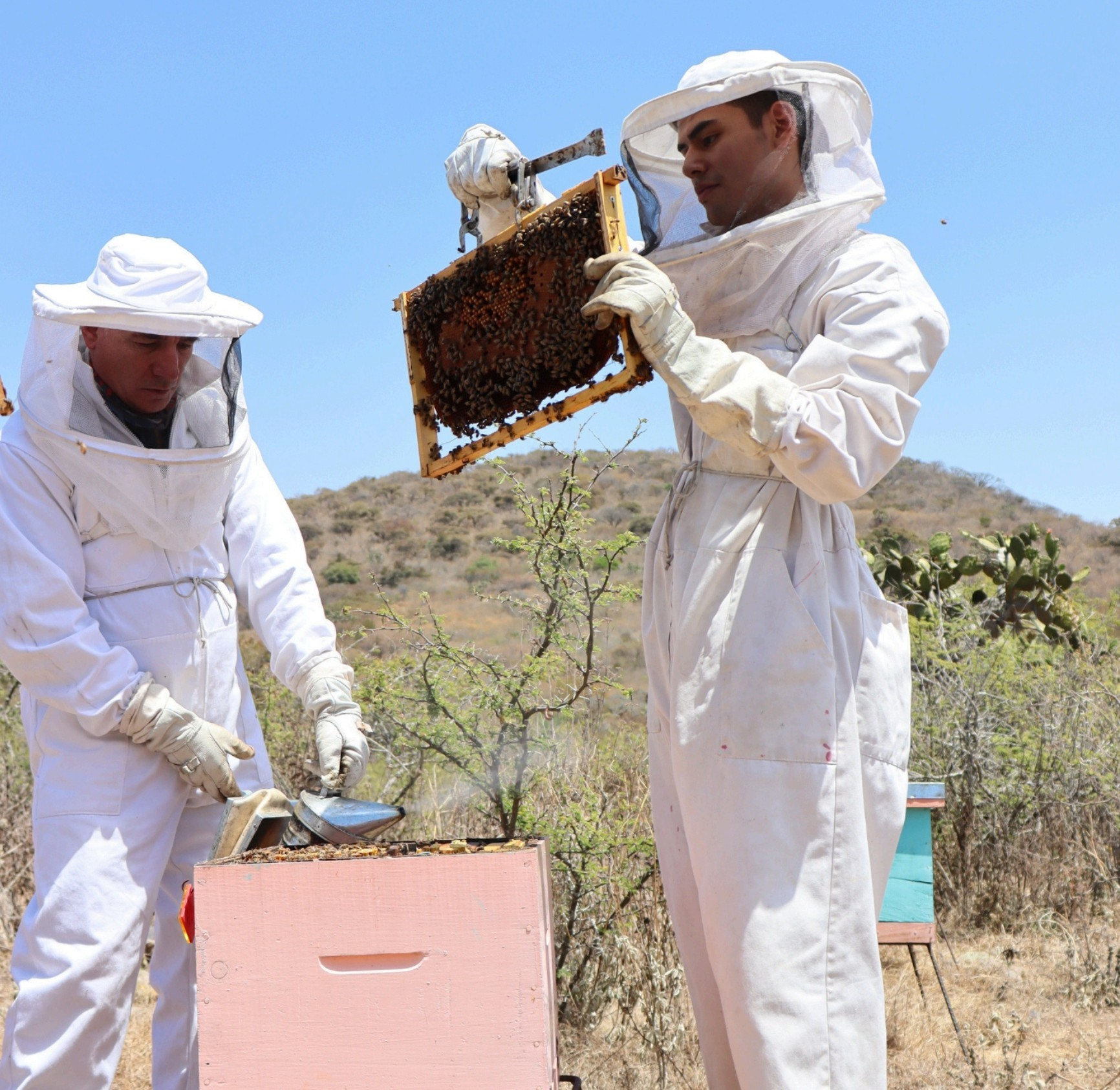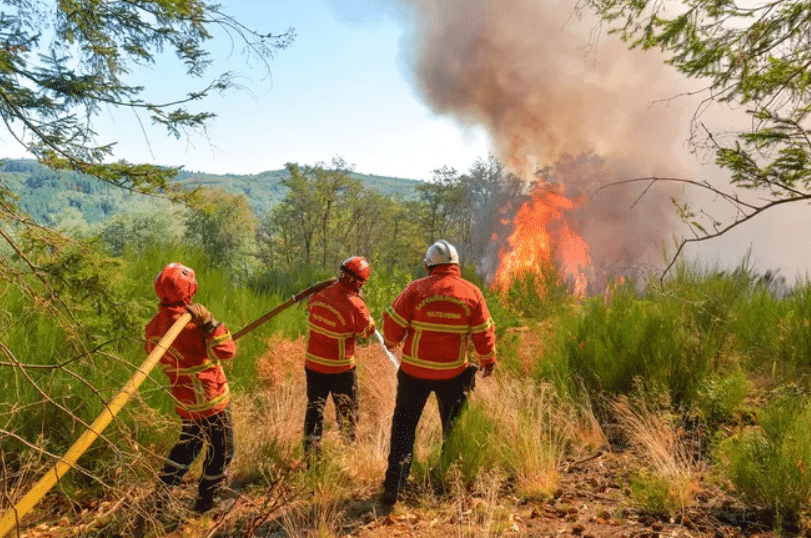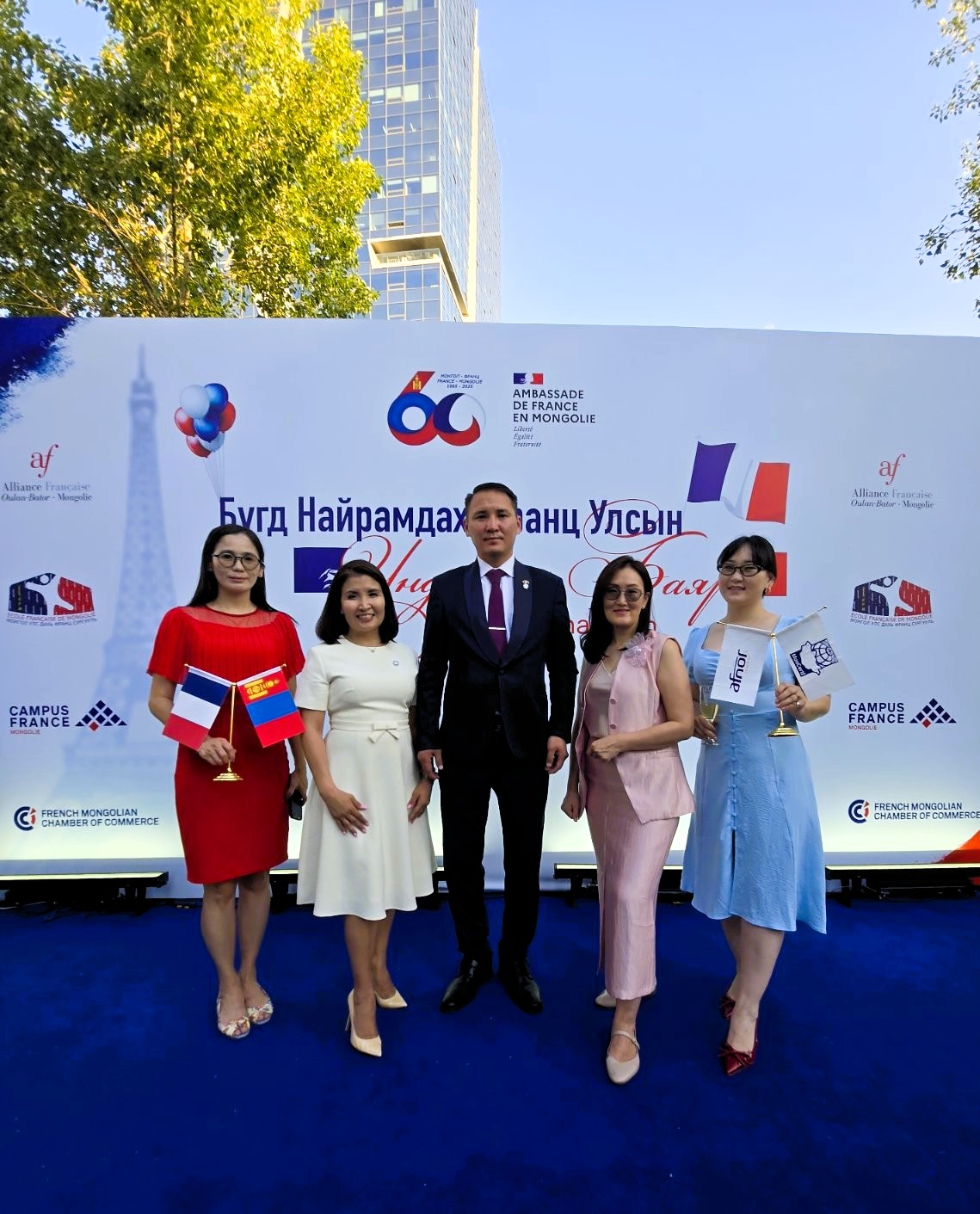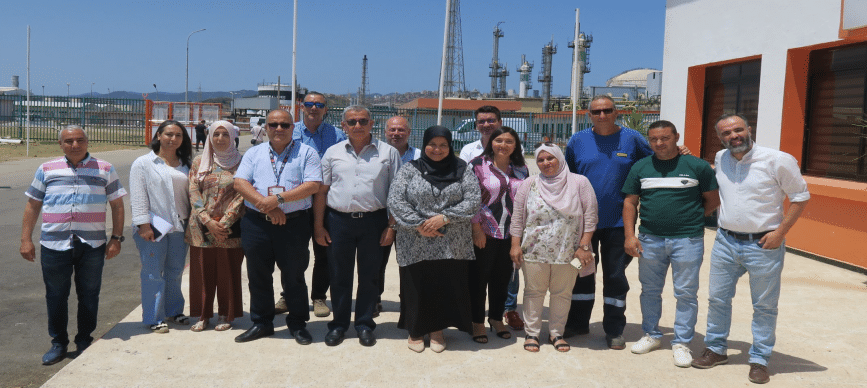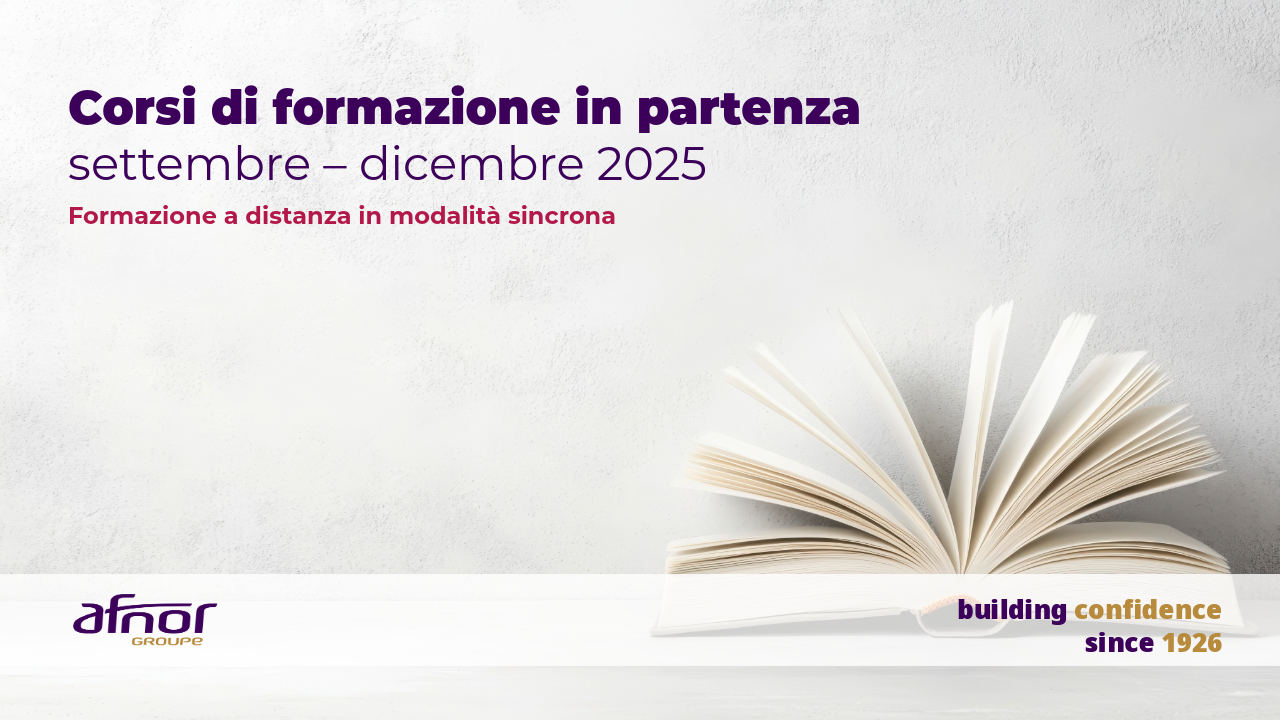In April 2025, at the recent Boao Forum Conference for Asia, China demonstrated its leadership in green technological innovation, from renewable energies to electric vehicles, while consolidating its crucial role in global decarbonization efforts. Against this evolving backdrop, the global market now requires solid certifications and specialized training to help companies enhance their environmental performance and access new markets.
The stakes of the event
The theme of this year's Boao Forum for Asia annual conference was "Asia in a Changing World: Towards a Common Future", with formerInternational Energy Agency officials pointing out that, despite certain protectionist tendencies, Chinese advances, particularly in batteries, storage systems and electric mobility, offer exceptional opportunities to turn decarbonization into an economic asset. This period of transition is stimulating significant investment and prompting global players to reconsider their supply chains in terms of quality and standards compliance.
Chinese and German perspectives on decarbonization
While China accelerates its green technologies, Germany stands out for its rigorous industrial strategy and energy efficiency. Thanks to strong government support and targeted investment in clean technologies,Germany has reduced its industrial emissions by an average of 25% compared to 2010 levels. This convergence of expertise enables an exchange of best practices: while China is massively deploying innovations, Germany is refining its environmental monitoring methods using internationally recognized standards.
The importance of ISO 14067 and ISO 14064 certification and standards
In this dynamic, certification is becoming a veritable passport to quality for companies wishing to conquer international markets. At AFNOR, we support organizations in adopting standards such as :
- ISO 14067: This standard assesses thecarbon footprint of products over their entire life cycle, providing crucial transparency to promote sustainable practices.
- ISO 14064: This standard guides the reporting of greenhouse gas emissions by organizations, providing a strategic lever for optimizing energy costs and strengthening global competitiveness.
These certifications are backed up by in-depth training, guaranteeing advanced technical expertise and adaptability to regulatory and technological developments.
AFNOR International's offer to support sustainable transformation
Thanks to its worldwide expertise, AFNOR offers an integrated service combining :
- Rigorous environmental certifications: Our reference systems comply with international standards, reducing our environmental footprint and consolidating our companies' credibility.
- Customized training: Our specialized modules prepare your teams for the challenges of the energy transition, improving their responsiveness to market developments.
This support aims to turn the challenges of decarbonization into tangible business opportunities, facilitating access to international markets and boosting investor confidence through a standardized, certified approach.
The April 2025 event marks a turning point in the global green economy. As China and Germany demonstrate, in their own way, their commitment to decarbonization through substantial investment and ambitious industrial policies, companies are encouraged to seize the opportunities offered by international certifications and specialized training. By adopting standards such asISO 14067 andISO 14064, and drawing on AFNOR's expertise, organizations can turn their environmental practices into a strategic advantage, with quality and innovation as the foundation of their success.
Read more :

